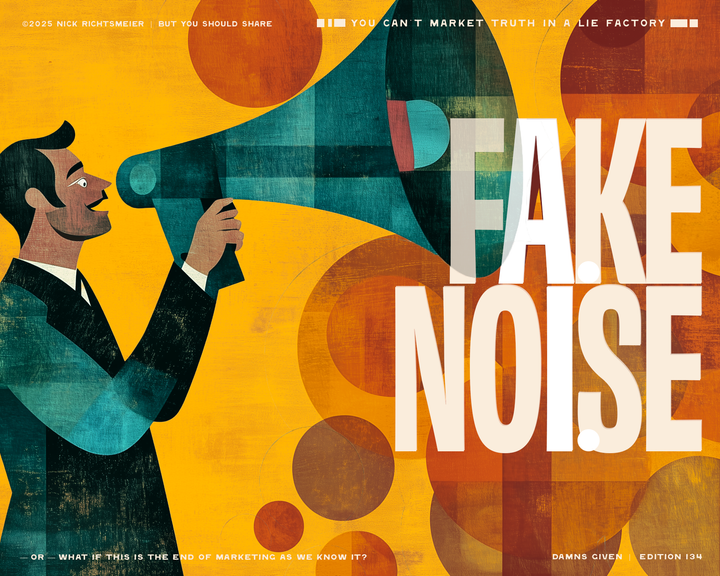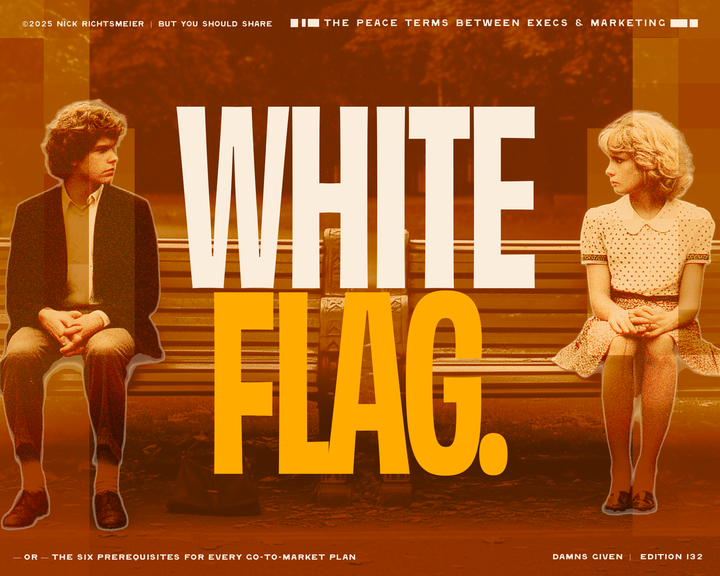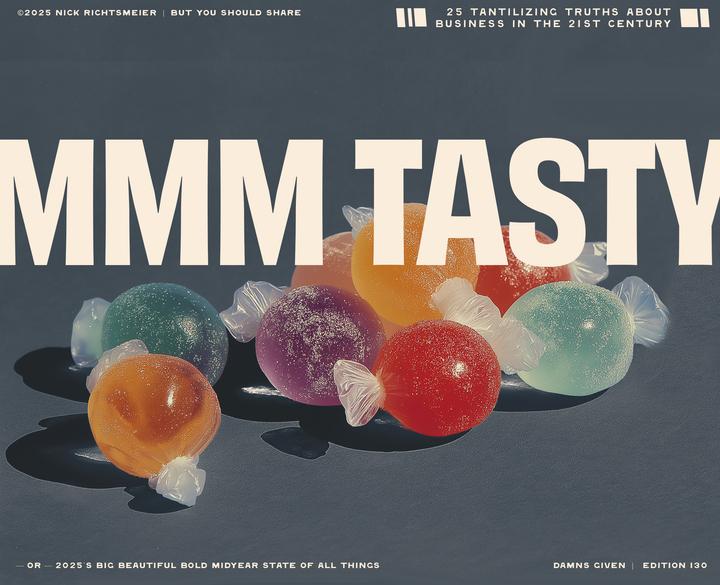A market crash tells us who we are (and other uncomfortable truths...)
The economy is in the Find Out stage of the classic F*** Around and Find Out narrative generated by Silicon Valley. But you don't have to participate.
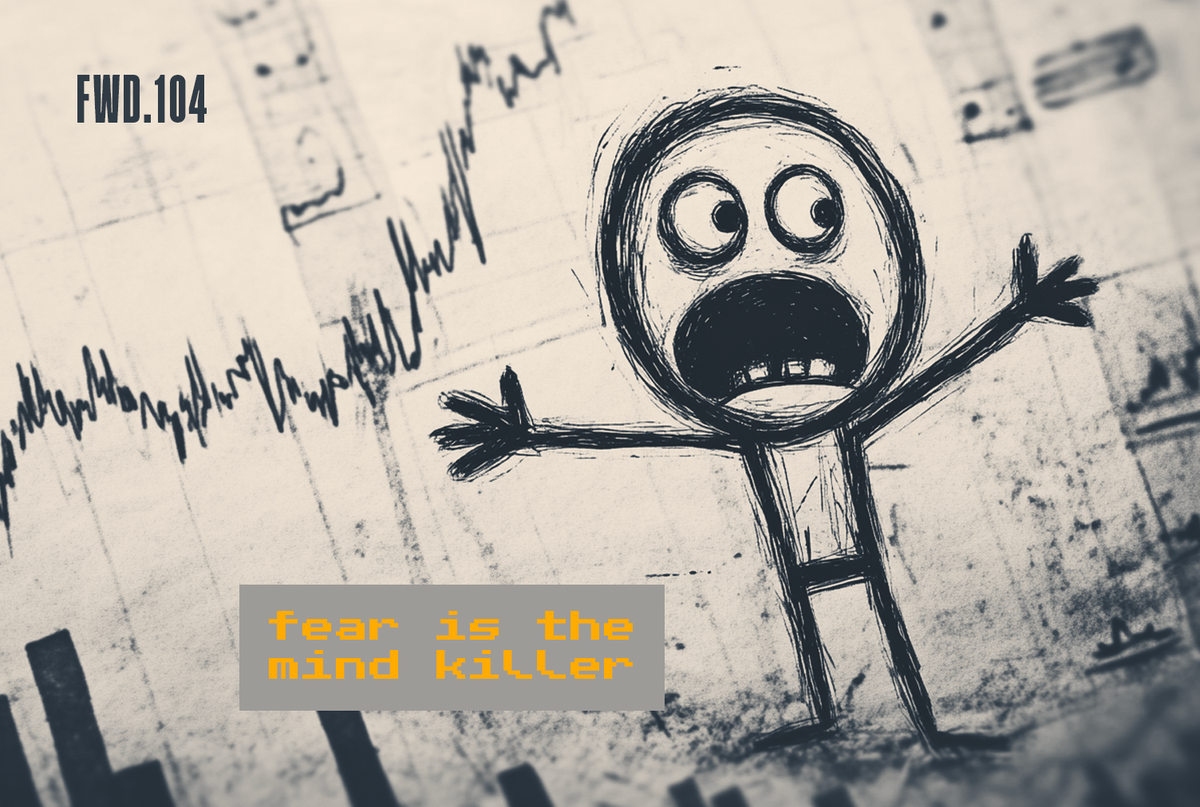
Sell off, schmell off.
All our 401ks and SEP-IRAs not withstanding, my 15 years in wealth management tinged my spidey senses and I could tell that markets were over-cooked. How over-cooked? Nobody knows. But corrections happen.
Now we're back in these halcyon days where useless prognosticators use the word recession to induce dramatic layoffs, slow down strategic plans, and generally wrap founders and leaders in a package manufactured fear. Fun times to be had.
I hope that you, by virtue of your very refined taste in influences, know that threats of recession and recession are two very different things. And the first is much more dangerous than the second.
In the therapy community you learn that it's not the mistakes or even the fear that get you. It's the self-punishing, self-judging waves that hold you back. Recession threats are much the same. We'll spend the next year having everyone tell us to wring our hands and worry worry worry... pushing leaders like you into reactive thinking and out of alignment with your goals and values.
When we are out of alignment, we do stupid self-sabotaging stuff. Business suffers. And then we, in our story-making brains, think, "See! I knew business was going to be bad!" Completely missing is the awareness that it was the constriction of our own doubts, fears, and reactivity that created our personal expression of the downturn, not some magical hand of the markets.
So, in this week's FWD, I bring us back to the center. The center of your clarity, your vision, and your ability to have a say in the way things go. (Which is to say, where you belong.)
Let's begin.
YES to Zero-Contact Time Off.
I'm embarrassed to say (slow learner here) that last week was the first week in nearly a decade that I've taken a full week with all my work channels turned off. No email. No Slack. No LinkedIn. No nothing.
I'm not here to be some internet Productivity Hack Guru™️™️™️™️™️ but I'm telling you, this:
Not thinking (for a set amount of time) is the best strategy for good thinking.
As a recovering over-thinker and someone who has struggled with clinical anxiety, this is a hard-earned revelation. Unplugging 100% is magical. And one week was not enough. Prepare for me to disappear more. 😎
NO to media fear-mongering.
What would you expect from an article that reads, "The labor-force participation rate...among 25 to 54 year olds reached its highest in over two decades last month?"
How about, "Tight Job Market Delivered Widespread Rewards. They Are at Risk."
Wah, wah. (Ever have someone just tell you terrible news just so they don't have to be the only one that's sad? Thanks, WSJ.)
Does the WSJ give you any evidence that gains made will unravel? They tell you one story about one guy who can't find a job.
Does the story conflate low-wage work with people of color and women? It does.
To lead clearly in these wild times you can't just read. You've got to be a good reader. One that can recognize when stories are trying to sell you something... in this case: fear.

MAYBE $1T spend with no real revenue plan was a misfire?
Microsoft's Copilot was just fired by a Big Pharma CIO who stated the generated PowerPoint decks looked like a middle school presentation... sick burn, Pharma.
Wall Street is side-eyeing Big Tech like its a serial predator, not the foundation for the American economy.
And a Goldman Sachs report last week asked if there was “too much spend, too little benefit.” Lots of money for not a lot of value with skyrocketing stock valuations is how you make a hype bubble. You make a business by setting expectations and exceeding them. The global economy is in the Find Out stage of the classic F*** Around and Find Out narrative.
So put your head in the sand! Wait it out! Do nothing and hope things get better! No, friends, that is not how we roll here. We don't outsource our agency (ability to make a difference for our clients, teams, and prospects) by hiding away.
We get smart, agile, and self-aware.
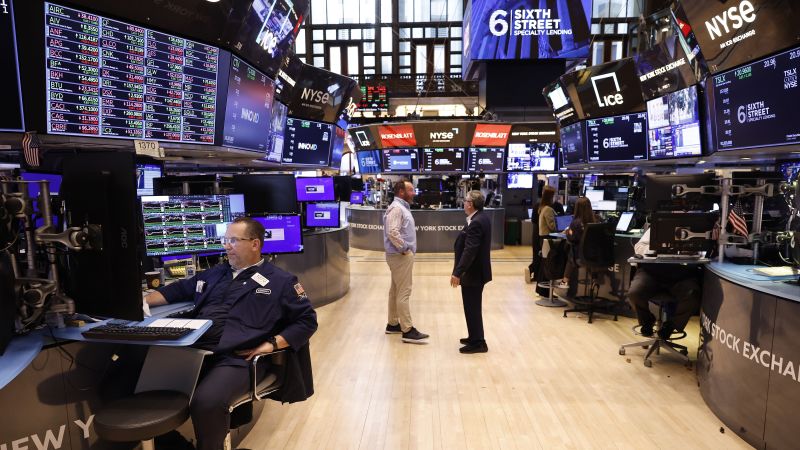
SERIOUSLY know thyself.
I recently watched a major growth initiative fail up close. Some of the superficial effects happened, but the underlying engine of growth, the trust of team members, clients, and prospects, got lost in the shuffle. I hate seeing this happen, and it made be go back to an old drawing board. Why did the best intentions fail?
Cause intentions are generally insufficient. They're mostly invisible (even to ourselves) and they get you about as far as a bicycle across the undivided Red Sea. (Where is Charlton Heston when you need him?)
This endeavor failed the company's long-term strategic plan because everyone was expected to change except the leader—the exact inverse of how it needs to be.
When you're building out new strategy, the person who needs to change the MOST is the leader. Because it's our sacred cows, biases, and blind spots that are holding the organization back.
Leader, as you face you 2025-2030 planning, the most important question you need to ask is, "Who will I need to become to make this possible? And how will I know?"
NOW, find a mirror.
Those questions feel a little navel-gazing and ethereal for most. But the leader you are is the one capable of leading the endeavor you've had, not the one you imagine. To lead your future venture, You'll have to become (or hire) someone else, and the only way to know the difference is to get a really good mirror.
In that spirit, I've been taking on executive coaching clients for growth leaders, CEOs, and founders. I never saw myself in the executive coaching space, but when I see so many projects fail because leaders didn't do the internal work they needed to do, I now see it as an essential companion to our strategic growth work.
As one of our best clients said, "Our planning sessions often feel like coaching sessions. You help me be a better leader."
That's the point. The point is not the deck with the 12-month map (although that's a good tool). The goal is a healthy, more organically strong venture because of a healthier, more organically strong you.
We've got a pricing and services guide and all that jazz for CultureCraft Coaching if you'd like to know more, reply to this email.
Have a great week!


